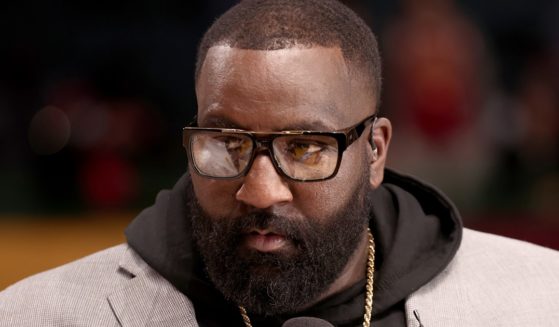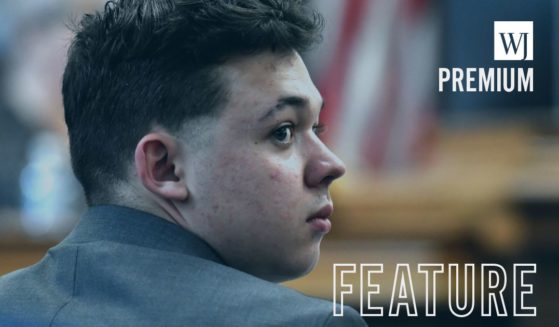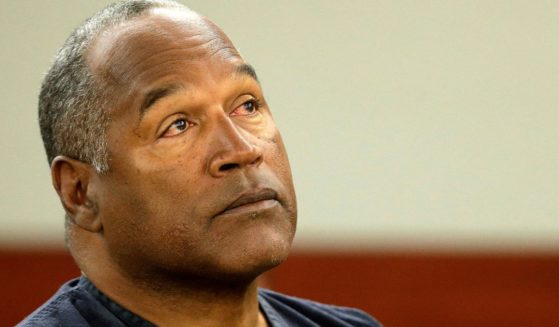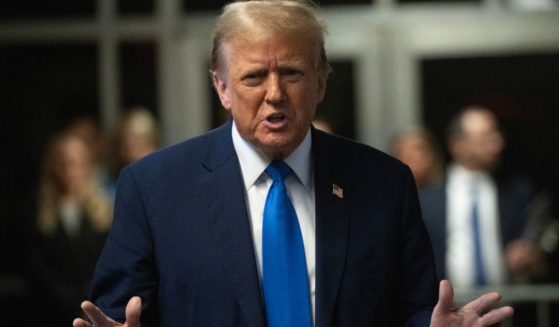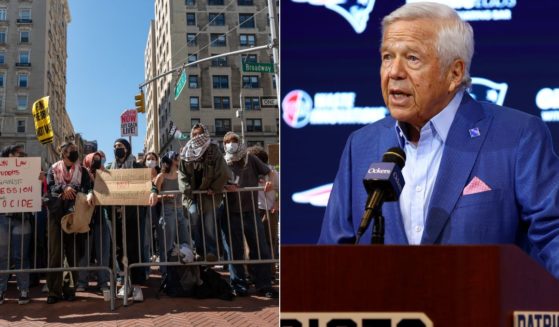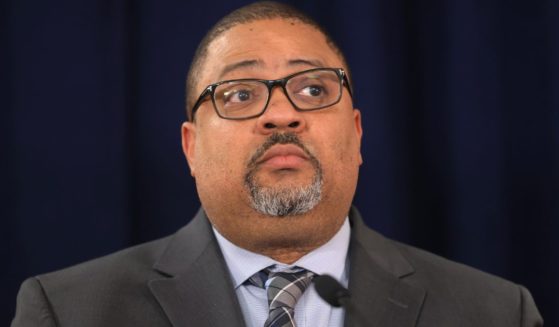Trump Urges Americans To Stop Hoarding: 'Just Relax'
President Donald Trump is calling on people to stop hoarding groceries and other supplies in response to the coronavirus outbreak.
“You don’t have to buy so much,” Trump said at a news conference Sunday. “Take it easy. Just relax.”
The president assured Americans, after speaking with leading grocery chain executives, that grocers would remain open and that the supply chain remained healthy.
Speaking at the same White House news conference, Vice President Mike Pence urged Americans to buy only the groceries they need for the week ahead.
The comments came after the government’s top infectious disease expert said he would like to see Americans hunker down even more to help slow the spread of the coronavirus.
Dr. Anthony Fauci also said he would like to see aggressive measures such as a 14-day national shutdown.
Still, Fauci said travel restrictions within the United States, such as to and from hard-hit Washington state and California, probably would not be needed anytime soon.
Officials in Washington were preparing for what was expected to be a long-haul effort to try to stem the virus that has upended life around the globe.
“The worst is yet ahead for us,” Fauci said. “It is how we respond to that challenge that is going to determine what the ultimate endpoint is going to be.”
Trump expressed pleasure that the Federal Reserve announced Sunday it was taking emergency action to slash its benchmark interest rate to near zero.
“It’s really great for our country,” the president said of the central bank’s actions.
Earlier Sunday, Trump held a call with more than two dozen grocery store and supply chain executives to discuss their response to the coronavirus outbreak. Retailers have reported shoppers flocking to stores to stock up on food and other essentials. Consumers have expressed frustration that some items — such as hand sanitizer and toilet paper — are becoming more difficult to find.
It wasn’t just supply shortages that had Americans frustrated — calls are mounting for better access to coronavirus tests.
The Trump administration said millions of new coronavirus tests would be made available in the coming weeks, including tests that speed processing of samples, but it was encouraging Americans to exercise restraint in seeking to get tested.
Dr. Deborah Birx, the White House coordinator for responding to the pandemic, said those most vulnerable to the respiratory disease and the health care providers treating them should go first.
“We ask you to prioritize them and prioritize them in the lines,” she said.
Birx cautioned there will be a “spike” in positive results as more people gain access to tests.
Pence said he and the president would brief the nation’s governors on Monday “specifically about our expanding testing to the American people.”
Chad Wolf, the acting secretary of homeland security, acknowledged that many travelers were facing “unacceptable” long lines as they waited to be screened at U.S. airports this weekend. He said the average wait time for screening was down to 30 minutes at most airports, but the problem had not been fixed for those arriving at Chicago’s O’Hare International Airport.
Pence said the federal government on Monday will release updated guidance concerning restaurants, bars and other establishments. California and Illinois are among jurisdictions that have ordered restaurants and bars to close to help slow the spread of the virus.
Asked whether restaurants and bars around the nation should close for the time being, Fauci said he wanted to wait for the guidance to come but allowed, “That could be.”
Expanded protocols were also on the way to protect the president and his staff. Starting Monday, those who enter the White House complex will have their temperatures taken.
House Speaker Nancy Pelosi said Congress had started work on a new aid package after the one just approved by the House early Saturday, which provided direct relief to Americans with sick pay and other resources and was pending in Senate.
“We have already begun work to develop a third emergency response package,” the California Democrat wrote in a letter to colleagues.
Senate Majority Leader Mitch McConnell of Kentucky said late Sunday the next package should have even more resources for Americans, the health care industry and “significant steps to secure our nation’s economy.”
With the U.S. Capitol among the many iconic landmarks closed to tours, Pelosi also urged lawmakers to have most of their Washington staff telework from home, as health officials urge social distancing. House lawmakers are away on weeklong recess and many have already curtailed office visits at their local offices, as well.
Fauci, the public face of the administration’s messaging during a round of morning TV interviews, said the country should do as much as “we possibly could,” even if officials were criticized for overreacting. He said he raised the issue of measures such as a shutdown with the Trump administration and officials were open to his ideas.
“I think Americans should be prepared that they are going to have to hunker down significantly more than we as a country are doing,” said Fauci, who heads the National Institute of Allergy and Infectious Diseases at the National Institutes of Health.
For most people, the new coronavirus causes only mild or moderate symptoms, such as fever and cough. For some, especially older adults and people with existing health problems, it can cause more severe illness, including pneumonia.
The worldwide outbreak has sickened more than 156,000 people and left more than 5,800 dead. The death toll in the United States is more than 50, while infections neared 3,000 across 49 states and the District of Columbia.
The vast majority of people recover. According to the World Health Organization, people with mild illness recover in about two weeks, while those with more severe illness may take three weeks to six weeks to recover.
Trump in recent days has imposed sweeping travel restrictions for much of Europe. On Saturday, he added the United Kingdom and Ireland to a list of countries that would face travel restrictions over the next 30 days.
The State Department on Sunday said it would allow U.S. personnel to leave their diplomatic or consular posts worldwide if they or family members were medically determined to be at a higher risk of falling very ill if exposed to the virus.
Trump also has pledged broadened U.S. testing for the virus as major employers such as Apple Inc. have sent workers home to telework and several states and big cities, including Los Angeles and Boston, shuttered down schools for a week or more.
The Associated Press receives support for health and science coverage from the Howard Hughes Medical Institute’s Department of Science Education. The AP is solely responsible for all content.
The Western Journal has reviewed this Associated Press story and may have altered it prior to publication to ensure that it meets our editorial standards.
Truth and Accuracy
We are committed to truth and accuracy in all of our journalism. Read our editorial standards.



